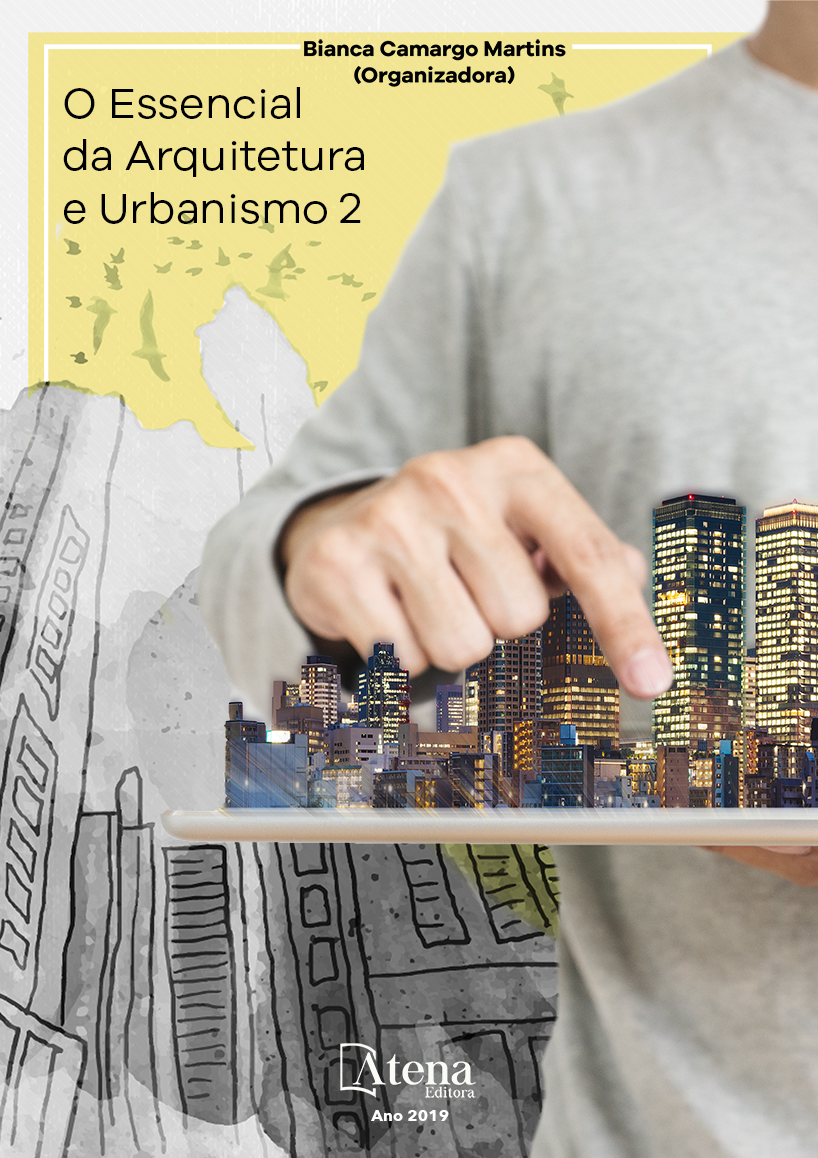
Wright e Siza: Dois museus e o visitante
O artigo apresenta um estudo
comparativo sobre dois edifícios – o museu
da Fundação Iberê Camargo (FIC), em Porto
Alegre, e o museu Guggenheim, em Nova
York – analisados desde o ponto de vista da
sua qualidade espacial ou seja, do modo de
acolhimento e acomodação do visitante. A
motivação deste trabalho está na oportunidade
que o edifício do museu da FIC vem oferecendo
desde sua implantação em Porto Alegre – em
virtude das honrarias e distinções das quais
ele foi alvo pela crítica de arquitetura, local e
internacional – para uma discussão sobre o
tema da qualidade na arquitetura. Já o museu
Guggenheim foi selecionado para compor
esse estudo por ser um edifício análogo, tanto
do ponto de vista formal quanto funcional, ao
Museu da FIC, e também, por seu caráter
icônico, consagrado como paradigma no
cenário arquitetônico mundial. O artigo tem
uma natureza eminentemente empírica. A
metodologia utilizada tem antecedentes no
passeio arquitetônico, no sentido corbusiano
do conceito, na qualidade desse passeio, tendo
em conta o modo como as edificações são
entendidas pelo observador em movimento –
a legibilidade – e o modo como as edificações
acomodam o corpo – a funcionalidade/
comodidade. O artigo finalmente mostra que,
apesar de suas semelhanças formais e icônicas,
o desempenho espacial observado nos dois
edifícios é radicalmente distinto, especialmente
no que diz respeito à maneira como lidam com
a integração e a segregação espacial desde o
ponto de vista do visitante.
Wright e Siza: Dois museus e o visitante
-
DOI: 10.22533/at.ed.6611917046
-
Palavras-chave: Fundação Iberê Camargo; Museu Guggenheim; Qualidade espacial.
-
Keywords: Iberê Camargo Foundation; Guggenheim museum; Spatial quality.
-
Abstract:
The article presents a comparative
study of two celebrated buildings – the Iberê
Camargo Foundation (ICF), in Porto Alegre,
designed by Portuguese architect Álvaro Siza,
and the Guggenheim Museum, in New York,
designed by the American architect Frank Lloyd
Wright. The motivation for this work lies in the
opportunity the recent construction of the ICF
museum in Porto Alegre came to offer – in view
of the honors and distinctions it has received
from local and international architectural critique
– for a discussion on the theme of quality, or
performance, in architecture. The comparison with the Guggenheim Museum comes
from a broadly observed formal, functional and iconic similarity between the two
buildings. The article has an eminently empirical nature. The methodology applied
in the analyses has antecedents in the architectural promenade, in the Corbusean´s
sense of the concept, and is concerned with the quality of the walk, taking into account
the way these buildings are understood by the visitor – their legibility – and the way they
accommodate the bodies in space – their functionality. The article eventually shows
that, despite their conspicuous formal and iconic similarities, the spatial performance
observed in the two buildings has been radically distinct, especially in respect of the
way they deal with spatial integration and spatial segregation from the standpoint of
the visitor.
-
Número de páginas: 15
- Douglas Vieira de Aguiar
- Andrya Kohlmann


